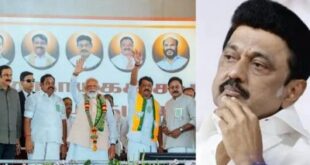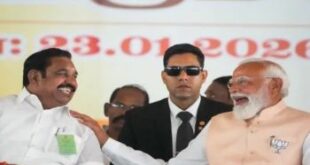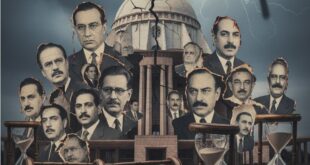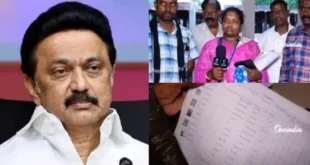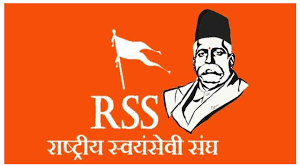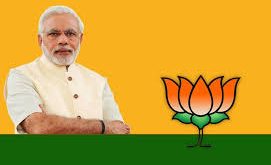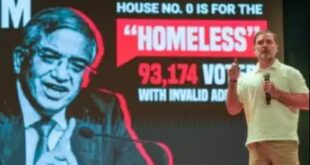Prime Minister Narendra Modi has always emphasized the significant role of communication in governance, acknowledging that a purposeful narrative is important to maintain the nation’s trust. Recently, in a detective role, the PM commanded his minister and top officials to engage actively with the public to keep them informed about the government’s most recent achievements, decisions, and policies. From what we can perceive, this initiative has been taken to counter the increasing trend of “false narratives” typically propagated by the opposition. This can be a significantly negative blow to the current government’s efforts and triumphs.
The Power of Narrative in Politics
In the field of politics, being able to control the narrative is crucial. A medical narrative is the key to influencing major public opinion and shaping perceptions about government and its governance, which can significantly impact electoral outcomes. Often, the opposition challenges the policies proposed by the government by emphasizing the discerning shortcomings, which ultimately creates an alternate narrative second-guessing the intentions and effectiveness of the government. Similarly, for the modern government, ensuring that the nation receives the most accurate information about their work will not only protect their records but also help strengthen public trust and integrity.
During the last general election, the opposition, the Congress party, launched a conscientious campaign against the ruling party, BJP. It accused the ruling party of cultivating the intention to amend the constitution and make significant changes that have the potential to undermine the democratic fabric of the nation. These claims were purposefully made to instill a severe offense and doubt amongst the electorate. However, the BJP has firmly denied these accusations, with the prime minister dismissing these claims as baseless and an intentional attempt by the opposition to mislead the public’s trust in the ruling government.
Countering False Narratives
When analyzing the central theme of the opposition’s native during the recent election campaign, it has been found that another BJP victory would eventually lead to such amendments in the Constitution that could permanently alter the fundamental structure of the nation. However, the ruling party has reportedly made claims to assure the public that they have no such intention to alter the constitution of India. Since, in meetings with his party, Denver sand officials, Prime Minister Modi has emphasized the importance of clear communication with the public, which can effectively counter the traction this misleading narrates typically garners.
The opposition has made another very strong claim that the BJP government, if it wins this general election, will create an environment of intolerance, particularly toward Muslims. This narrative was intended to gather the votes of the minority by portraying that the BJP can be mincing towards the well-being of the community in the nation. However, the ruling party has effectively countered these claims by highlighting their commitments regarding inclusive development compressed on the slogan “Sabka Saath, Sabka Vikas, Sabka Vishwash,” which translates to together with All, development for All, Trust of All. PM Modi has reportedly stated that government policies regarding welfare schemes are intended to benefit all citizens, regardless of the community or region.
The opposition has also targeted the government on various other issues, particularly pointing to the national society, which concerns the Chinese incursions in Ladakh. The Congress leaders have claimed that the ruling party is failing to protect the nation’s territorial integrity. The government has once again countered these claims by asserting that no territory from the nation of India has been lost to China, and many significant steps have been taken to strengthen India’s dense capabilities further.
The importance of communication
Prime Minister Narendra Modi, in his recent meetings with ministers and top bureaucrats of the nation, has underscored the significance of timely and effective communication. He has urged the officials to accelerate the decision-making procedures and ensure that the policy is consistently kept well-informed about the various actions and policies of the government. This approach can effectively counter the false narrative encouraged by the opposition and foster a sense of transparency and reliability in the governance of the BJP.
PM Modi has also proposed the improvement of the state government officials in the implementation of the central schemes which further emphasizes his commitment to cooperative federalism. By ensuring that the state and the central government work hand in hand, the Modi government aims to enhance the effectiveness of their propositions and reach a bigger section of the national population.
The directive of the prime minister has also reflected the awareness of the evolving political landscapes where information, be it accurate or not, can be spent very rapidly and greatly influence public opinion about the government and its governance. By taking effective steps towards informing the public about facts and countering the information, the Modi government aims to pursue that objective focused on development, and good government remains supreme.
The bottom line
The PM’s call for action cooperation is a strategic move to maintain the government’s narrative and the opponents’ attempts to sabotage it. In a time when misinformation can spread rapidly, ensuring that the public receives accurate and timely information about the government and its actions is crucial. The Modi government’s focus on transparency, reliability, and effective communication reflects his dedication to governing the action effectively and winning the battle of natives in the political province.
 Newspatrolling.com News cum Content Syndication Portal Online
Newspatrolling.com News cum Content Syndication Portal Online

